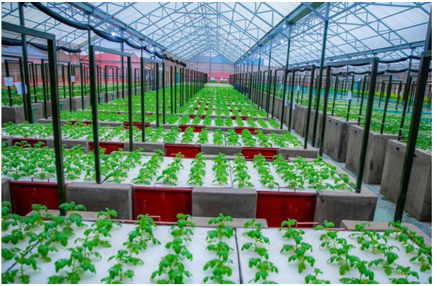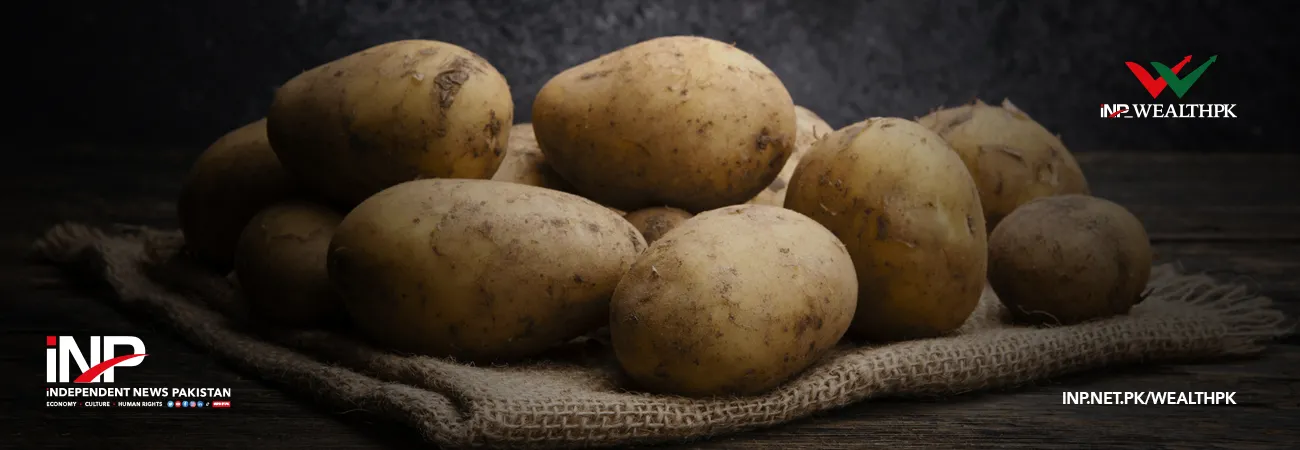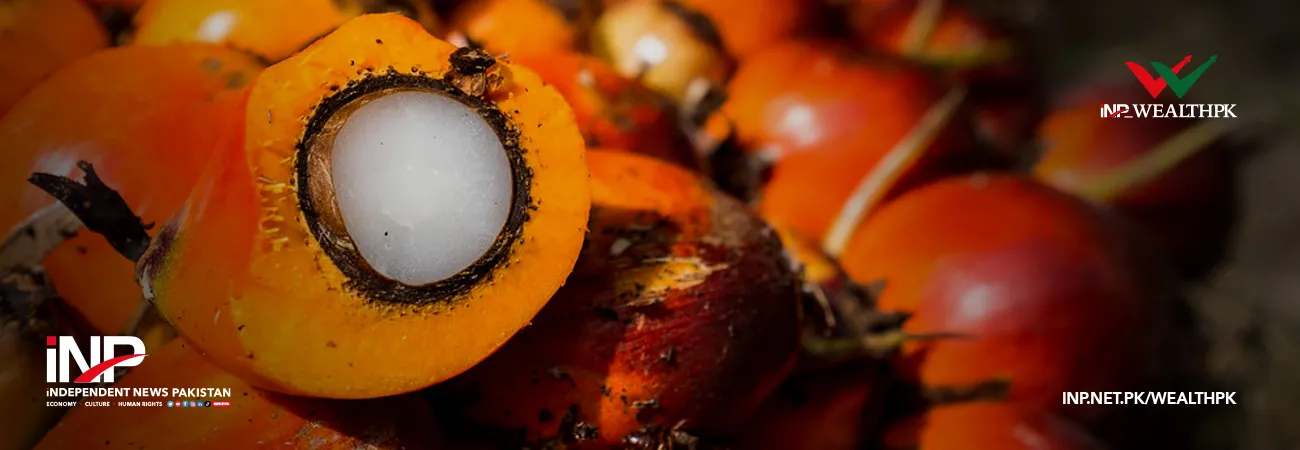INP-WealthPk
Arooj Zulfiqar

“Potato yield in Pakistan is increasing but at a reduced rate due to the poor seed quality. Given this situation, there’s a need to establish aeroponic greenhouses to enhance the seed quality,” M Iqbal, Principal Scientific Officer (PSO) at the National Agricultural Research Centre (NARC), told WealthPK. “This innovative approach, which involves growing plants in an air or mist environment without using soil, is seen as a potential game-changer for the country's potato industry, particularly in overcoming the challenges related to the seed quality and availability. Almost 500,000 tonnes of potatoes are produced annually over 194,000 hectares. The seed can be produced throughout the year because of the country’s diverse climate,” he said. Potato seeds produced in Pakistan are of poor quality; therefore, high-quality seeds are imported to meet the domestic demands.
“Our potato industry, which contributes significantly to the country’s agricultural output, faces the persistent lack of high-quality seed, leading to reduced crop yields, increased vulnerability to diseases, and dependency on the imported seeds. Adoption of aeroponic technology can address these issues by providing a controlled environment for producing disease-free, high-quality seed potatoes,” he said. “Aeroponic greenhouses offer several advantages over the conventional methods. Aeroponics allows for production of seed potatoes with minimal risk of disease transmission, which is a common problem in traditional soil-based cultivation. By controlling the environment, we can ensure that the seeds are of the highest quality, leading to better yields and more resilient crops. “Additionally, the technology allows for faster growth cycles, meaning that more seed potatoes can be produced in a shorter time. This is particularly important in a country like Pakistan, where the demand for seed potatoes often outstrips supply. “Another key advantage is the efficient use of resources.
Aeroponics uses up to 90% less water than the traditional soil-based farming, making it a more sustainable option in water-scarce regions. The technology also requires less land, as plants can be grown vertically, maximizing space utilization. Therefore, to realize the potential of aeroponic technology, there is a need for collaboration between the government and the private sector,” explained the PARC scientist. He said the government could play a crucial role by providing subsidies and incentives for establishment of aeroponic greenhouses, as well as investing in research and development to further refine the technology for local conditions. In this regard, the PARC and the Korea Partnership for Innovation of Agriculture (KOPIA) recently launched a collaborative initiative for seed potato production using advanced aeroponics technology and established a seed potato complex to produce virus-free potatoes and enhance local crop output. According to director general of the Rural Development Administration of South Korea, the seed potato facility in Pakistan is the top among the 23 global centres.
Credit: INP-WealthPk













